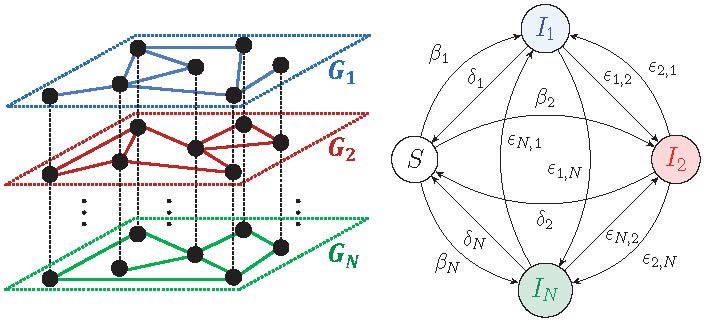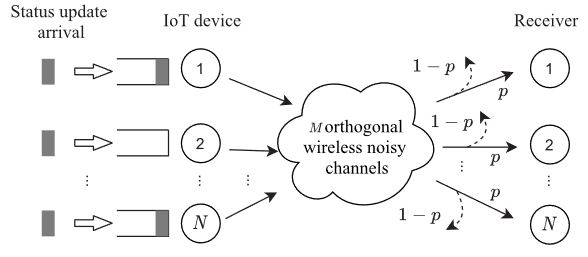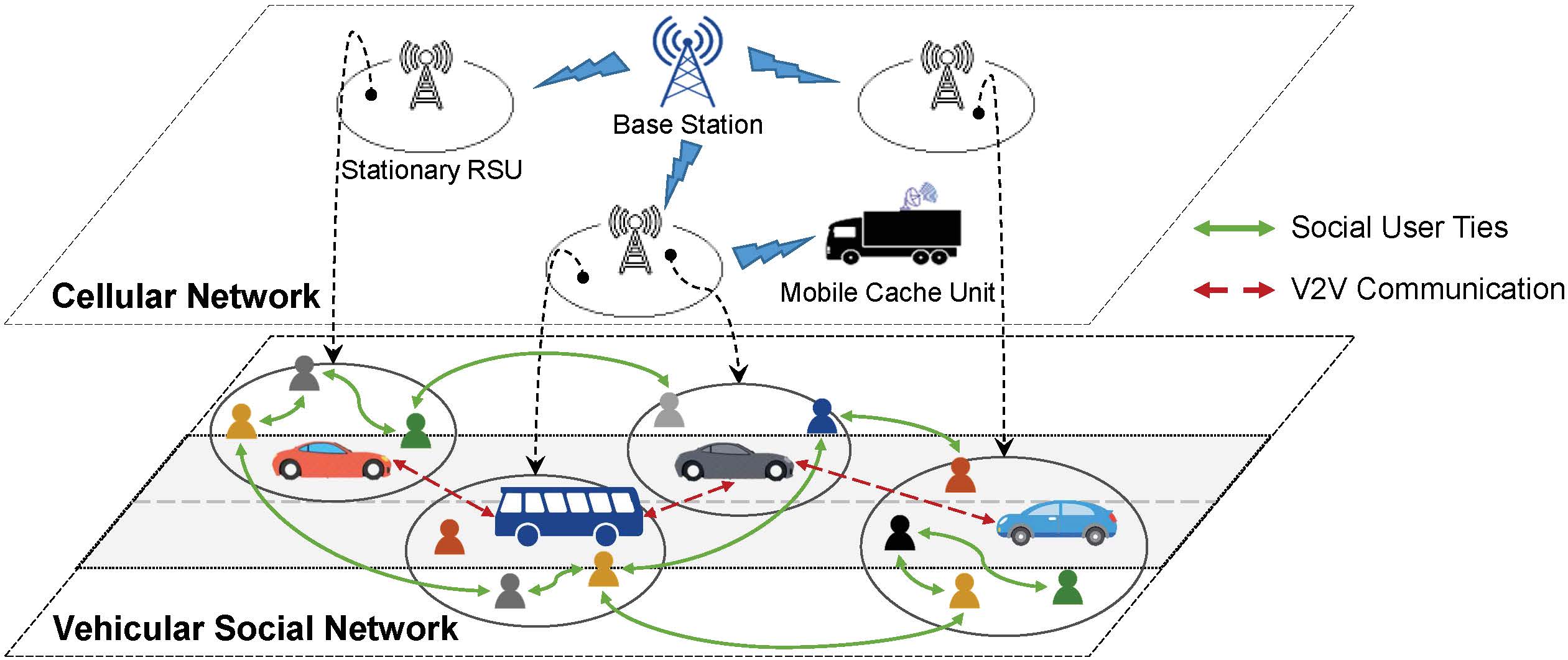Some of my current research projects are listed as below.
Ranging from malware propagation on the digital landscape to "word-of-mouth" influence in social networking platforms,
modeling and approximating networked epidemic dynamics at micro and macroscopic levels have been the subject of serious scientific
inquiry in recent years. Some of our research directions include:
|
|
|
|
- Epidemic thresholds for amended models over various networks classes.
- Phase transitions in inter-switching memes over multiplex networks.
- Resource-constrained recovery policies for heterogeneous infection rates.
- Interplay of coupled dynamics over virtual and physical networks.
- Time-series based link prediction in social networks.
- Structural balance of signed networks under spreading processes.
- Effective containment strategies to minimize infection spread.
|
|
| |
Driven by wireless technology advancements, the evolution of Internet of Things (IoT) is progressively reshaping the performance requirements of ubiquitous real-time systems. Dissimilar
to traditional network performance metrics, status update systems mainly rely on the freshness of data source information received at the remote destination. We therefore, are interested in:
|
|
|
|
- Age of information analysis and optimization in multiuser communication systems.
- Timely updating in energy harvesting networks.
- Applications of age of information.
- Age of information and operations research.
|
|
| |
Fluctuations in electricity tariffs induced by the sporadic nature of demand loads on power grids has initiated
immense efforts to find optimal scheduling solutions for charging/discharging plug-in electric vehicles. Comprehending
the demand-service energy flow in smart grids would help predict better load profiles and manage energy more efficiently.
We therefore, are interested in:
|
|
|
|
- Reliability analysis of central grid controller with service priorities.
- Profit maximization in spatially distributed V2G scheduling.
- Service restoration schemes for smart distribution using machine learning.
- Optimal allocation of dedicated chargers to multi-class retrying EV customers.
|
|
| |
Content caching has emerged as a promising technique to reduce the backhaul multimedia traffic rising due to the
proliferation of mobile devices. To address the bottleneck issue arising as a result of sparse wireless resources, we
attempt to find solutions to:
|
|
|
|
- Near-optimal heursitics for non-uniform and user-dependent distributions.
- Optimal content caching strategies in vehicular social networks.
- Coded caching with D2D-enabled mobile users.
|
|
| |



